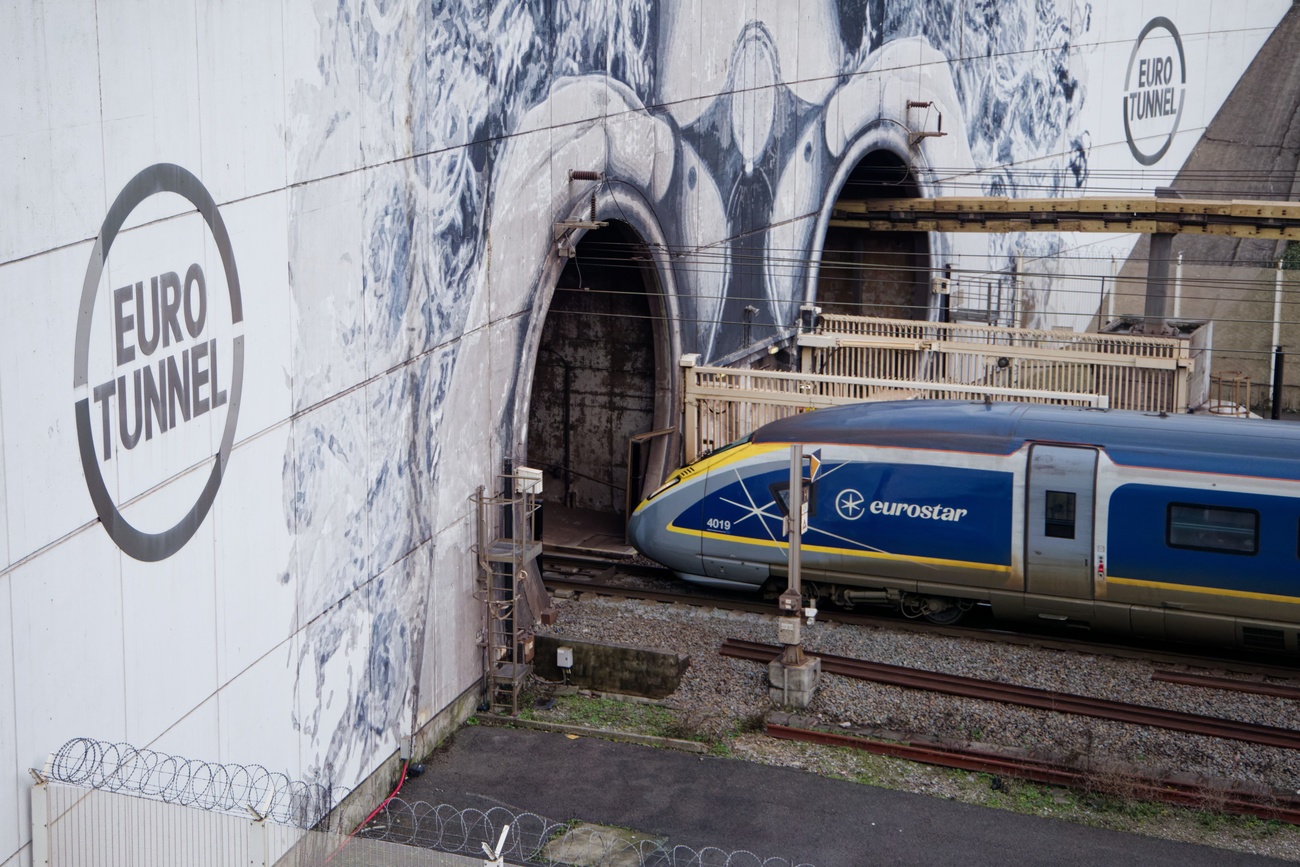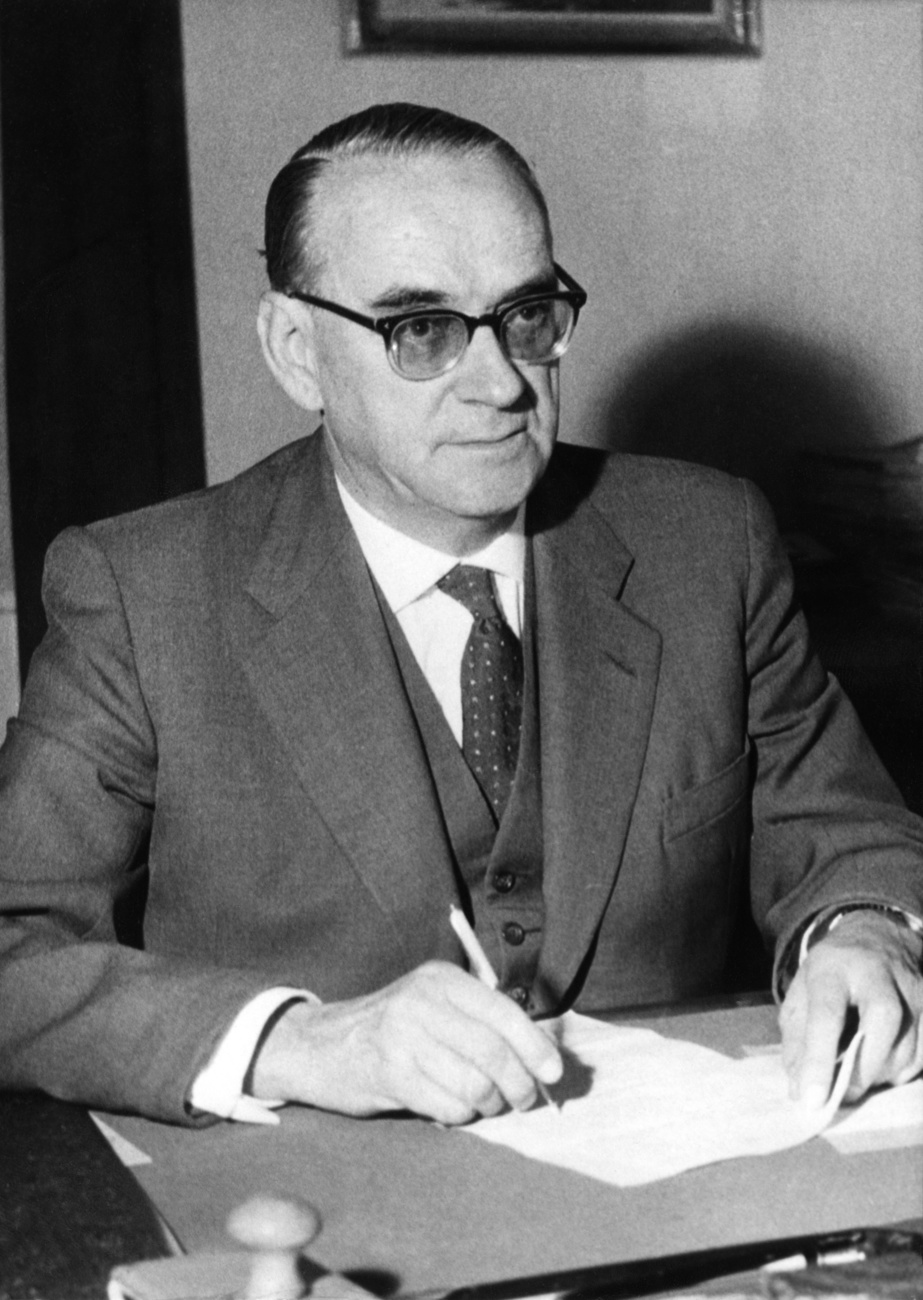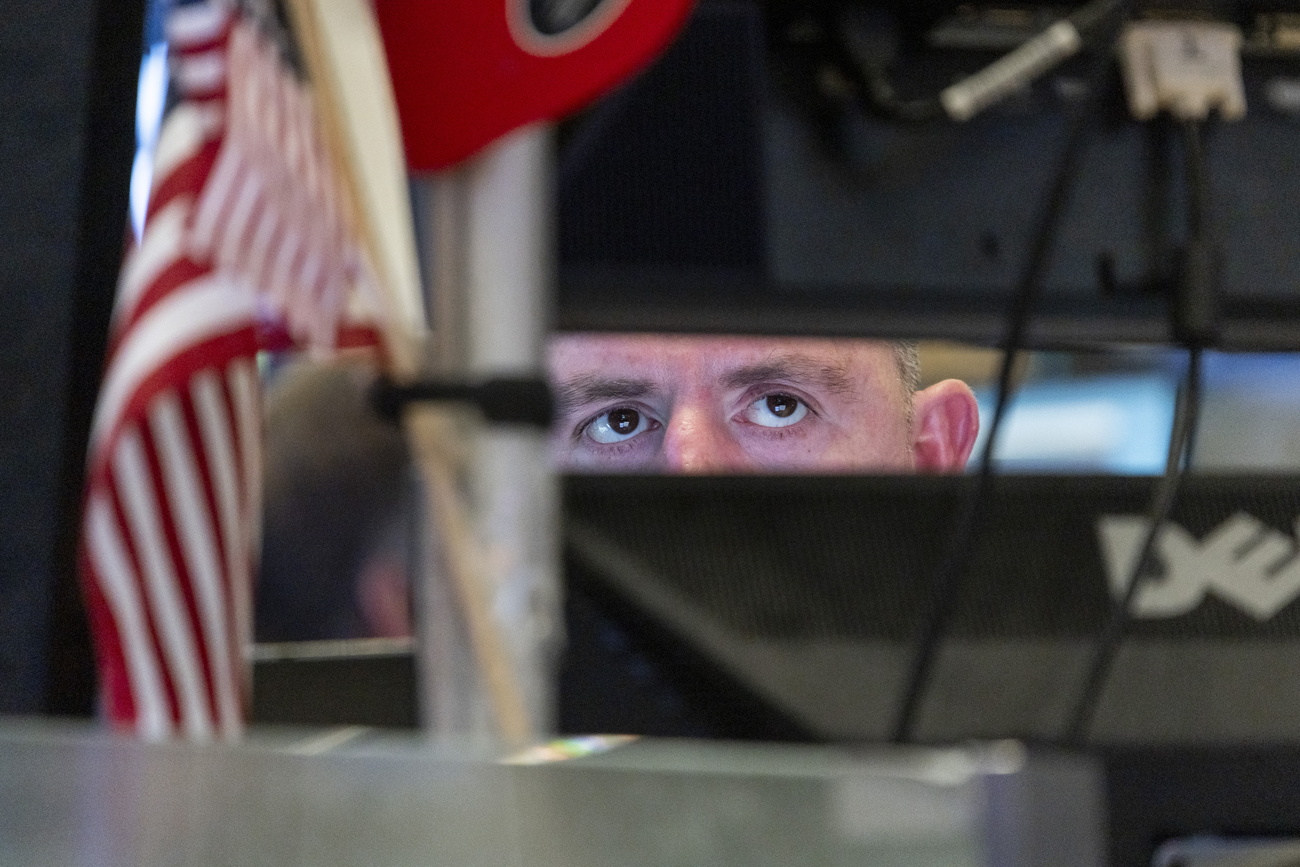
Switzerland Today
Dear Swiss Abroad,
We’re making Christmas wishes? Well I’ve wanted a direct train link between Switzerland and London for years – imagine a Bern/Bath night train! It turns out this could come true (admittedly not for several years).
More on that and other news and stories from Switzerland in Wednesday’s briefing.

In the news: Limited support for nuclear power, a new watchman for Lausanne Cathedral, and signs of stability at the ICRC.
- Fewer than a third of Swiss people are in favour of nuclear power. Enthusiasm for wind turbines is also limited, according to a survey. According to a representative survey, large-scale rooftop solar installations are seen as the most important option, with 63% in favour. This is followed by the expansion of existing reservoirs and hydroelectric power plants (53%).
- Alexandre Schmid is the new watchman for Lausanne Cathedral. Like his predecessor, he will call out the hours from 10pm to 2am, 365 days a year, from the spire. The first written mention of Lausanne Cathedral’s watchmen dates from around 1405. Back then the job involved not only calling out the hours but also warning of attacks or fires, a preventive role that has since disappeared.
- The Swiss-run International Committee of the Red Cross (ICRC), now in the black, according to its president Mirjana Spoljaric, will cut a total of 4,000 jobs this year and next. Cuts have had to be made in some missions, while several countries, including Switzerland, have stepped up their support.

Imagine, as John Lennon no doubt thought, a direct high-speed train link between Switzerland and London. The prospect is firming up.
I’ve taken the train from Bern to London many times and will continue to do so, but the fact is it’s more expensive and takes longer than flying (no longer possible direct from Bern Airport). That said, if you’re not in a hurry, it’s a very civilised way to travel: four-and-a-half hours to Paris Gare de Lyon (annoyingly no longer possible direct from Bern, you have to change in Basel), lunch at that station’s fantastic Le Train BleuExternal link restaurant, then two-and-a-half hours on Eurostar from Gare du Nord to St Pancras, a couple of Tube stops from central London.
The whole business is certainly less stressful than negotiating airports and actually isn’t that much slower once you’ve factored in getting to the airport early and then getting into central London: let’s say 9-10 hours for the train and 6-7 hours for the plane (from Bern to central London). But changing trains – and stations – in Paris is undeniably a hassle, especially if laden.
So the thought of being able to travel from Geneva or Zurich to London direct is very exciting. As my colleague Simon Bradley explains, demand for fast international rail links in Europe is high. With the carbon emissions of short-haul flights in the spotlight, many people in Europe have been looking to the continent’s extensive rail network to replace short-haul air travel. Swiss officials and politicians have therefore been closely studying the possibilities of the UK and Switzerland getting better rail links.
Speaking at the Swiss Travel Association conference in November, Philipp Mäder, head of international passenger transport at Swiss Federal Railways, confirmed the company was examining the possible introduction of a direct rail link to London, “the busiest flight destination in Europe”. “Basel to London in around five hours is possible,” he declared.
In a separate announcement, last week Eurotunnel’s owner, Getlink, said new direct high-speed train routes from London to Cologne, Frankfurt, Geneva and Zurich could be up and running within five years.
So it doesn’t sound as though anything will change in the immediate future, but while we’re making Christmas wishes, how about a couple of night trains – Bern/Edinburgh or Bern/Bath for example?

A 13-year-old Ohio boy who pleaded guilty to planning a mass shooting at a synagogue has been sentenced to a year of probation and must write a book report about a Swiss Second World War diplomat who saved thousands of Jews.
The boy was arrested in September after creating a detailed plan to carry out an attack at the Temple Israel in Canton, just south of Akron, Ohio, according to a complaint from an official with the Stark County Sheriff’s office.
On Friday he entered “true” pleas to counts of “inducing panic” and “disorderly conduct” in Stark County Family Court, according to a record of the hearing. Judge Jim James sentenced the boy to a year of probation and ordered that he submit a book report to the probation department about Carl Lutz (pictured), a Swiss diplomat who saved thousands of Jews in Hungary from the Nazis during the Second World War.
Although the teenager allegedly planned his attack before the October 7 attack by Hamas on Israel, his sentencing comes amid a surge in reported anti-Semitic incidents across the United States, according to Jewish advocacy groups such as the Anti-Defamation League (ADL). The advocacy group today posted on social media that it was “horrified” by the Ohio case. It expressed hope that it could be a “teachable moment” for other young people.
Lutz (1895-1975), a diplomat from Appenzell, was Swiss vice-consul in the Hungarian capital, Budapest, from 1942 until the end of the Second World War. There he headed the foreign interests department and thus also represented the interests of numerous countries that were at war with Hungary, including for example the US and UK.
At the time, Hungary was a relatively safe place for Jews, despite harassment and racist legislation. But Lutz was already helping Jewish children by issuing tens of thousands of protective letters which allowed them to emigrate to the British-controlled Palestinian Territories. In 1944 the situation changed dramatically with the arrival of the Nazis. Hundreds of people began besieging the Swiss consulate day and night, looking for a way to survive.
In total Lutz managed to save around 62,000 Jews – almost half of those who survived the German occupation in Hungary.
While Lutz’s work was appreciated abroad, recognition was slow in his homeland. Instead of receiving praise, he was initially reprimandedfor exceeding his authority. Lutz was disappointed and embittered by the attitude of official Switzerland.
It was not until the mid-1990s that the Swiss authorities, probably against the background of the dispute over dormant Jewish assets in Swiss banks, remembered the courageous men and women who had selflessly worked to save Jews. Lutz was posthumously rehabilitated in 1995, 20 years after his death.
In April this year it was announced that Lutz would be honoured with the Congressional Gold Medal, the highest civilian honour bestowed by the United States Congress.
More

More
Swiss Films advent calendar

In compliance with the JTI standards
More: SWI swissinfo.ch certified by the Journalism Trust Initiative









